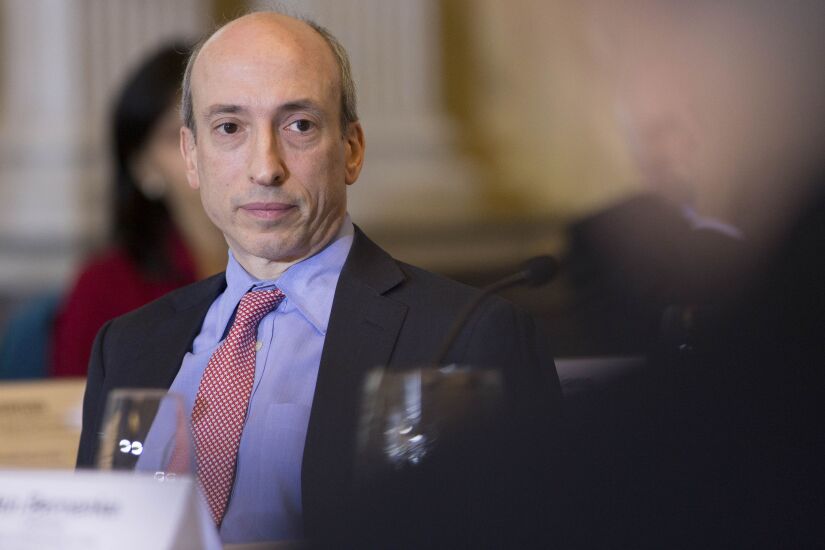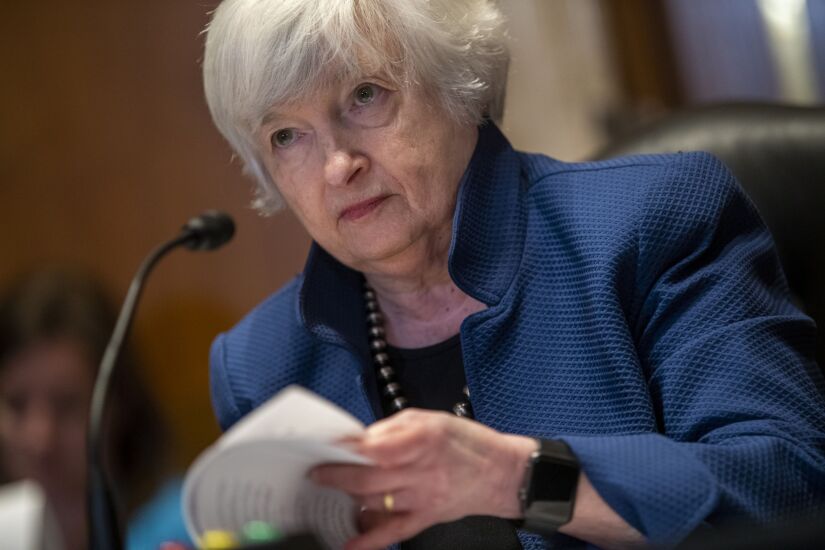WASHINGTON — President Biden’s long-awaited
The March 9 order marks the first time the White House has formally weighed in on cryptocurrency, and although it is, in essence, a plan for the Treasury Department and other regulatory agencies to make a plan, it’s still a watershed moment.
It's also a moment when stakeholders can exert influence to shape what the ultimate trajectory of regulation and policy will be. Digital asset advocates are hopeful that regulation will bolster trust (and encourage the U.S. government to more seriously consider its own digital currency), while banks are hoping for clear rules of the road and consumer advocates are hoping crypto can help households underserved by the existing financial system get a leg up and more fully participate in the economy.
“What this all means in practice will be the devil in the details,” said Josh Lipsky, a senior director at the Atlantic Council, who previously advised the International Monetary Fund and worked for the Obama White House. “To be regulated is to be legitimized, so it’s a question of who will be on what side of that, and what those regulations will look like.”
Crypto advocates were largely happy with the executive order. Instead of solely focusing on risks, the executive order also acknowledged what it sees as cryptocurrency’s potential, quelling some fears.
The Blockchain Association
And by and large, the crypto order set off a positive reaction from the banking corners of Washington. The Bank Policy Institute lauded the “clarity” more federal action of crypto would bring, and applauded the idea of bringing crypto and fintech startups into a regulatory scheme. The trade group noted that “regulated financial institutions have been stuck on the sidelines waiting for further regulatory action before expanding their digital offerings.”
Banks were more tepid on a central bank digital currency, however. The Bank Policy Institute said it believes further research on U.S. digital currency would show that “CBDCs would pose considerable and unavoidable costs to the financial system and economy while producing few, if any, tangible benefits."
American Bankers Association President and CEO Rob Nichols said in a statement that the group is “concerned that it clearly directs federal agencies to begin pursuing a central bank digital currency even before determining if a U.S. CBDC is actually ‘in the national interest’ as the order also requires.”
What follows is an examination of the near-term and longer-term impacts of the administration's renewed focus on crypto.










